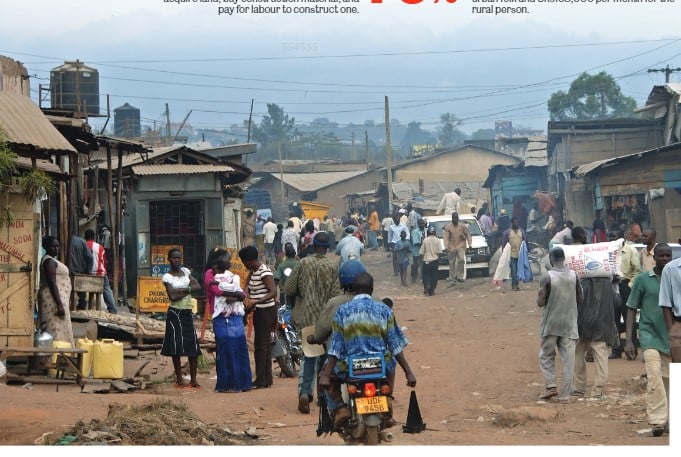Prime
Why do govt officials feel the need to tell lies yet everybody knows that things are bad?

Author, Benjamin Rukwengye. PHOTO/FILE.
What you need to know:
- Whereas we could get away with pissing off Western powers, threatening to expel their emissaries or even making campaign-like promises to them when we know we don’t have the capacity to follow through, the game is different when the census exercise has no integrity.
In July 2009, then Prosecutor of the International Criminal Court (ICC), Luis Moreno-Ocampo was visiting Uganda. His visit was two weeks before Uganda was set to host the Smart Partnership Dialogue, which several world leaders were expected to attend.
One of the confirmed guests was the then-Sudan president, Omar El-Bashir, who had been indicted by the ICC, where Uganda is a signatory. Earlier that month, the African Union had met in Libya and passed a resolution prohibiting member states from cooperating with the ICC.
Would Uganda risk the wrath of other African countries by arresting a head of state on the orders of a court that many feel is an imperialists’ tool? Yet at the press conference held at the Media Centre, both Ocampo and Uganda’s junior foreign affairs minister, Henry Okello Oryem, vowed in no uncertain terms that Bashir would be arrested if he dared step on Ugandan soil.
It was interesting to see because every journalist in the room knew that Oryem, who is given to making bizarre statements every so often, was lying. Bashir solved the impasse by deciding that he would not show up. However, he did attend the 2011 swearing ceremony at Kololo, in defiance of the arrest warrant because by then, we were having one of our periodic tiffs with the West. Fast forward to more than a decade later, and the President of the Central African Republic – whose name you will not recognize or remember – was in Uganda to commemorate the 62nd Independence celebrations.
Like many public holidays, the symbolic day on which Uganda attained self-rule is largely a government and ruling party affair. The few who are lucky to have formal jobs are happy to take a break from the jobs they hate and use the day to recover from hangovers from the partying of Independence Eve. Whatever loose change is left is spent on pork and beer.
The majority who live off the informal sector don’t have this luxury so they show up to whatever their business is and count their losses.
Senior government officials shuttle off to far-flung dusty districts, grateful for yet another day to build the nation. Your average Ugandan would, in theory, tell you why independence is important but they would also be quick to say that Uganda isn’t independent. They wouldn’t be wrong. Neither would you chastise them for not caring seeing as they can’t find their place in the country they call home.
Back to the CAR president. At a press conference on the eve of independence, his host had made some strange pronouncements that sounded like needless lies. Apparently, following discussions between the two presidents, Uganda is set to construct roads from Arua to the Central African Republic. He also proposed that Uganda Airlines opens a route to Bangui, “so that we can link up with our brothers and sisters there.”
To wrap it up, he threw in another vow to revive the Standard Guage Railway, which has stalled since 2014 after it was launched with so much pomp. There is an evident history of senior government officials – right up to the president – never saying what they mean and never meaning what they say.
Ugandans have learned to deal with it and more often than not, make nothing of such grand pronouncements. One can only hope that visitors like Ocampo and the CAR guy find out aren’t as gullible as their hosts seem to make them out to be.
Yet, there are things on which it should not be permissible to lie. Key among those is the National Census. Nobody can tell the population of Uganda with any level of certainty. The actual counting exercise was haphazard, and the data analysis and reporting have been embarrassingly lackadaisical, to say the least.
Whereas we could get away with pissing off Western powers, threatening to expel their emissaries or even making campaign-like promises to them when we know we don’t have the capacity to follow through, the game is different when the census exercise has no integrity.
So, how are you supposed to plan if you aren’t sure how many people there are, where they are, what age, gender, income, or if they are employed or not? And then call a press conference to tell some more lies. Do you now see why Uganda is in trouble?




